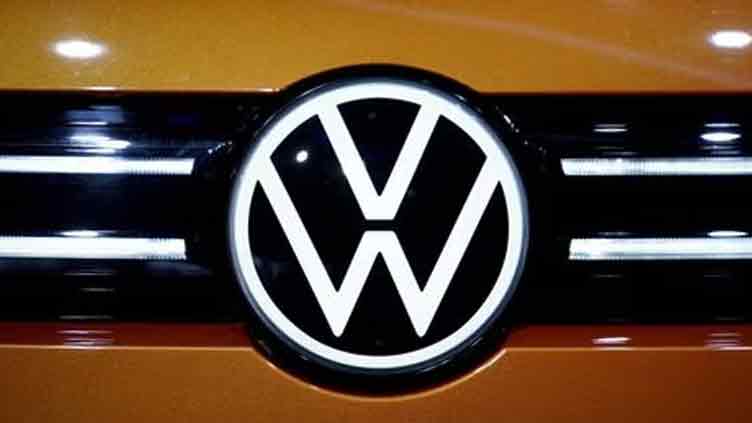VW, Rivian, Nissan, BMW lose access to US EV tax credits

Business
The rules are aimed at weaning the United States off dependence on China for EV battery supply
(Reuters) - The U.S. Treasury said on Monday that Volkswagen, BMW, Nissan, Rivian, Hyundai and Volvo Cars electric vehicles will lose access to a $7,500 tax credit under new rules for battery sourcing.
The Treasury said the new requirements effective on Tuesday will also cut by half credits for the Tesla Inc (TSLA.O) Model 3 Standard Range Rear Wheel Drive to $3,750 but that other Tesla models will retain the full $7,500 credit.
Vehicles losing credits on Tuesday are the BMW (BMWG.DE) 330e, BMW X5 xDrive45e, Genesis Electrified GV70, Nissan Leaf, Rivian (RIVN.O) R1S and R1T, Volkswagen (VOWG_p.DE) ID.4 as well as the plug-in hybrid electric Audi Q5 TFSI e Quattro and plug-in hybrid electric (PHEV) Volvo S60. The Swedish carmaker is 82%-owned by China’s Zhejiang Geely Holding Group (GEELY.UL).
The rules are aimed at weaning the United States off dependence on China for EV battery supply chains and are part of President Joe Biden's effort to make 50% of U.S. new vehicle sales by 2030 EVs or PHEVs.
Hyundai Motor Co (005380.KS) said in a statement it was committed to its long-range EV plans and that it "will utilize key provisions in the Inflation Reduction Act to accelerate the transition to electrification."
VW said it was "fairly optimistic" the ID.4 SUV will qualify for the tax credit. "We are awaiting the proper documentation from a supplier to determine its eligibility for the credit," the German automaker said. Nissan Motor Co (7201.T) said it is "working closely with our suppliers and are hopeful that Leaf will qualify for at least partial credit in the future."
Volvo Cars (VOLCARb.ST) said it was reviewing recently released EPA rules and supports the Biden administration's push for lower tailpipe emissions, but said the best way to achieve that was through "aligned regulations (or one national program)."
Rivian and BMW declined to comment, and Tesla did not respond to a request for comment.
Treasury also disclosed General Motors Co (GM.N) electric Chevrolet Bolt and Bolt EUV will qualify for the full $7,500 tax credit.
GM said earlier it expected at least some of its EVs would qualify for the $7,500 tax credit under the new rules, including the 2023 Cadillac Lyriq and forthcoming Chevrolet Equinox EV SUV and Blazer EV SUV. Treasury said all GM EVs will qualify.
Earlier, Ford Motor Co (F.N) and Chrysler parent Stellantis NV (STLAM.MI) said tax credits on most of their electric and PHEV models would be halved to $3,750 on April 18. Treasury confirmed the automakers' calculations.
The rules were announced last month and mandated by Congress in August as part of the $430 billion Inflation Reduction Act (IRA).
The IRA requires that 50% of the value of battery components be produced or assembled in North America to qualify for $3,750, and that 40% of the value of critical minerals be sourced from the United States or a free trade partner for a $3,750 credit.
The law, enacted in August, required vehicles to be assembled in North America to qualify for any tax credits, eliminating nearly 70% of eligible models at the time. On Jan. 1, new price caps and limits on buyers income took effect.
Last week, the Environmental Protection Agency proposed new emissions rules that forecast 60% of new vehicle sales in 2030 would be EVs.
Treasury in December said EVs ineligible for the $7,500 consumer tax credit could qualify for a commercial leasing $7,500 credit.

